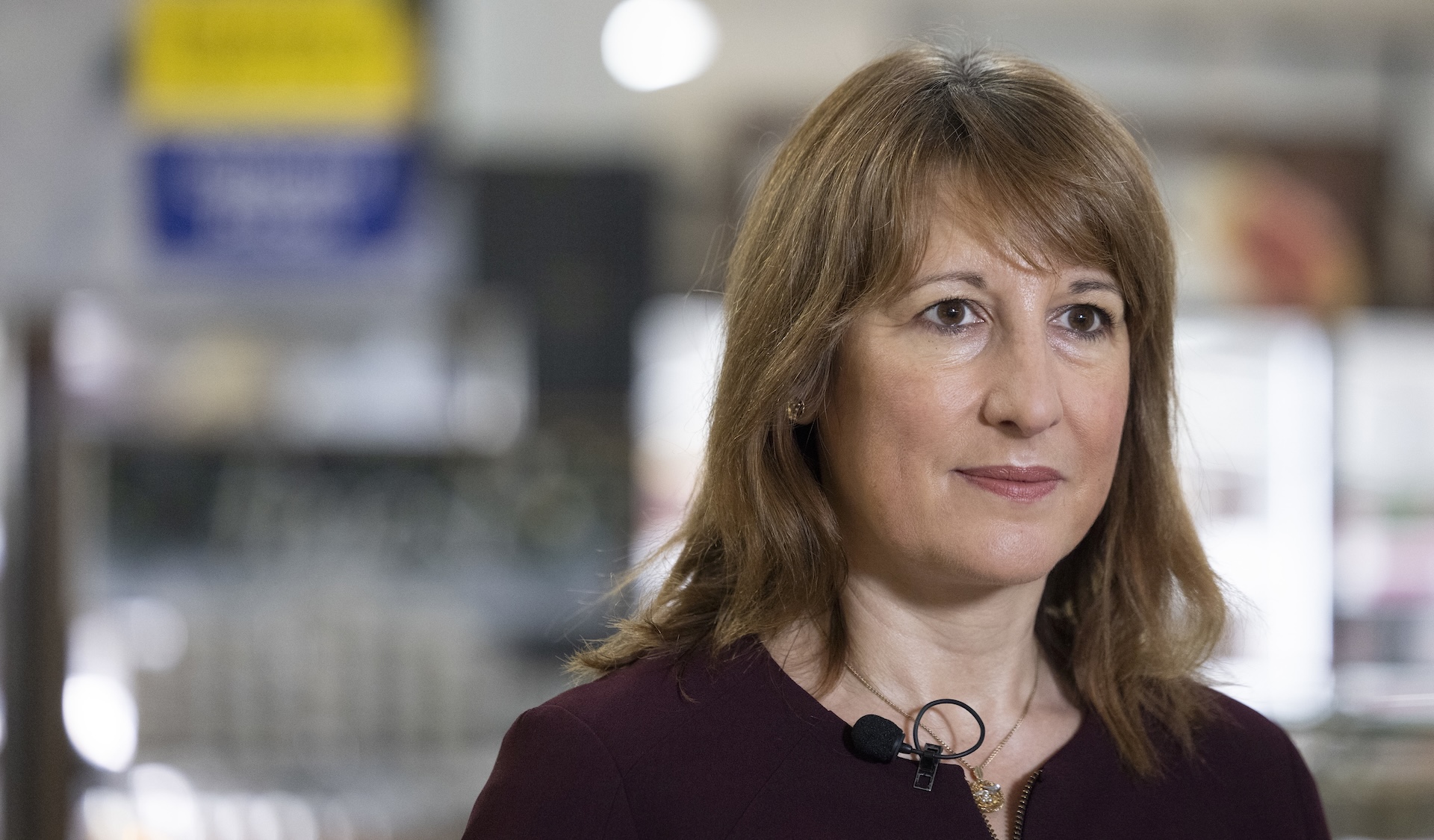Council tax itself is one of the most deeply regressive taxes in the UK. Low-income households spend three times as much of their income paying council tax as higher earners. Meanwhile, there’s enormous geographic split, exacerbating existing regional inequality. A new luxury flat in Battersea Power Station pays less council tax than a two-up two-down in Hartlepool.
It’s no surprise then, that the profile of someone in council tax debt matches those struggling the most. Half of people in council tax debt are in poverty. Renters are 16 times more likely to be behind, young people 10 times as likely, black and black British households three times. Being behind on council tax also means you’re much more likely to be behind on your rent, to have fewer savings, and to have a mental health problem.
You don’t need to squint to see the vicious cycle: you’re struggling with insecure work, low pay, the cost of living; you fall behind on your soaring council bill, the council sends in the bailiffs; you pay more than you can afford, you fall behind on your rent; the council picks up the enormous bill for providing temporary accommodation. Lives ruined over relatively small, but deeply unjust, sums of money.
The case for reform is clear, even the Ministry of Housing, Communities and Local Government has described the current council tax collection regime as “archaic and aggressive”. Campaigners are calling for a ban on the use of bailiffs, and bringing in more supportive measures in their place.
But we must also overhaul a key driver of debt, the regressive design of council tax itself. The chancellor’s widely reported mansion tax may ensure those with the broadest shoulders pay a bit more, but it does little to address the inherent unfairness. People on the lowest incomes will still be left with bills that are more than they can afford, paying proportionally more.
That’s why we’re calling on the chancellor to go further, be bolder instead of just tinkering around the edges. Along with the Fairer Share Campaign, and a host of others from across the political spectrum, we’re for a proportional property tax instead.
Advertising helps fund Big Issue’s mission to end poverty
This new tax, which would replace existing property taxes like council tax and stamp duty, would simplify the tax system, bringing in a simple flat rate based on the value of the property. Homeowners would pay 0.48% of each property’s value annually, a change that would cut bills for the vast majority of households, saving them £556 on average. And while Fairer Share’s modelling suggests the same total revenue would be raised, given how much council tax currently goes unpaid, it’s likely councils could well end up collecting more as the bills fall more fairly across the nation.
For a government falling rapidly in the polls, overhauling council tax could be a popular move. Two-thirds of the public believe abolishing council tax would be the single most effective way to improve their cost of living, and the majority support replacing council tax with a proportional property tax. Political pressure is building too, recently a group of Labour MPs broke ranks to call on the chancellor to take “bold action” and end the postcode lottery of council tax.
“Council tax is the most unfair, regressive tax in Britain,” according to Labour MP Jonathan Hinder. “My constituents in Pendle and Clitheroe are paying double the amount that those living in £1m+ houses in West London are paying. A proportional property tax would cut bills for most ordinary people, while taxing property wealth progressively, and allow us to scrap stamp duty in the process.”
Across the country, people are already organising for this change. Campaigns by ACORN members in Bristol and Brighton, and with Debt Justice members in Manchester, have stopped local authorities sending bailiffs to people on the lowest incomes. Last month, ACORN members disrupted a Leeds conference sponsored by bailiff companies to protest the poverty created by council tax enforcement. People are fed up of a system that punches down, and are demanding politicians take them seriously.
With public backing and cross-party pressure mounting, the chancellor now faces a choice. In the coming budget, she can patch up a clearly broken model of council tax, or she can replace it with a fairer, simpler, more just local tax. One that ensures those with the broadest shoulders, and the greatest wealth, contribute their fair share to vital public services. One that means fewer people like Viv fall into debt because of excessive bills. One that treats people in debt with help and support, rather than sending in the bailiffs. The chancellor should seize the opportunity to build a fairer system that ensures dignity, not just debt.
Anny Cullum is policy officer and researcher for ACORN and Toby Murrayis policy and campaigns manager for Debt Justice.
Advertising helps fund Big Issue’s mission to end poverty
Do you have a story to tell or opinions to share about this? Get in touch and tell us more.
Change a vendor’s life this Christmas.
Buy from your local Big Issue vendor every week – or support online with a vendor support kit or a subscription – and help people work their way out of poverty with dignity.









